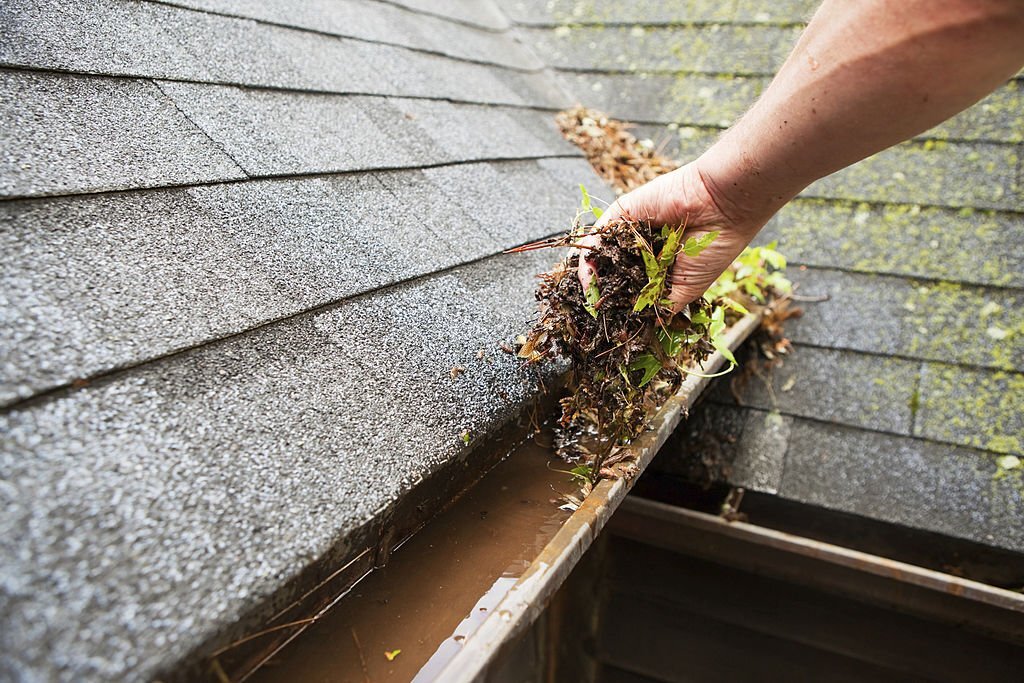There is a good reason why gutters are designed to collect rainwater and transport it safely to the sewer system. Blocked drains are most often attributed to roof damage, typically occurring during periods of recurrent rain. In gutters clogged with debris, the water cannot flow down, creating surface water that weighs heavily on a roof, causing leaking and other damage sooner than you may think.
If water is able to find its way onto the roof, it falls to the ground and causes damage to the building. When the grimy water settles on the ground below, this could pose a slip and fall danger, leading to legal action. A moldy roof is a much more expensive problem to fix than paying for Industrial Gutter Cleaning when standing water is on the top, walls, or the ground.
During the upcoming winter months, the local wildlife begins looking for a new house as the temperatures drop and the weather turns unfavorable. Leaves, sticks, twigs, and moss, when accumulated in a gutter, provide pests with a haven, and once they establish a base in the drain, they attain access to the inside of a building. A forgotten gutter is also a high priority on the list of habitats for flying pests like bees and wasps.
A heavy industrial drain clogged with dense, damp leaves can seriously stress a building’s outer shell. Fall guttering is standard when professionals and contractors don’t routinely clean gutters. Furthermore, the constant moisture in your channels compromises the stability of your building.
We have decades of gutter cleaning experience in Knoxville and have completed many projects, including hundreds of commercial and industrial gutter cleanings. Leaving blocked gutters alone has apparent dangers, and they become more dangerous with every day that passes. Upon the subsiding of warm weather, torrential weather is likely with strong winds and heavy rainfall. Blockages in gutters can result in severe foundation damage from a severe storm or fallen channels that fall on an employee below, resulting in criminal prosecution.

